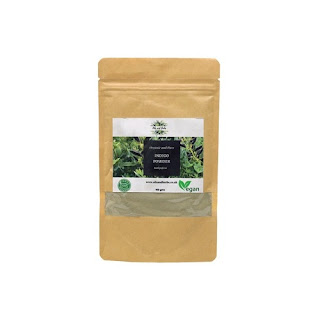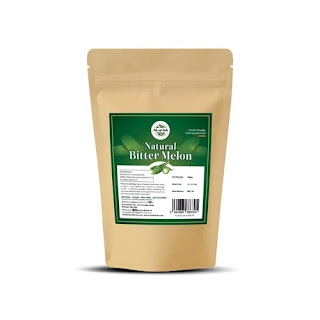Popularity of Indigo Powder as Hair Dye Propelled by 3 Important Properties

Herbal products have attracted people for use in various places, even in daily life. Their safety profiles, combined with a natural effect, allow people to try these products and many such plant derivatives have become popular. Among these products, indigo powder has been well established as a dye for hair, especially for those with white hair. Herbal extract in use since long- As an herbal extract, indigo is derived from a plant indigo to the United Kingdom, found in a wide variety of terrains and landscapes across the country where it was mainly used in hair dyeing to add more shine and blackness. Many people used to apply this particular dye to their hair and it was also done professionally as experts were known to use them in specialized shops. Also, the dye lasted longer for longer hair than most permanent bases that people used in the past. Absence of side effects – The lack of any significant side effects with indigo powder hair dye also contributed to its popularity....
